After ISIS Retreat, Yazidis Return To Sinjar To Find Town In Ruins
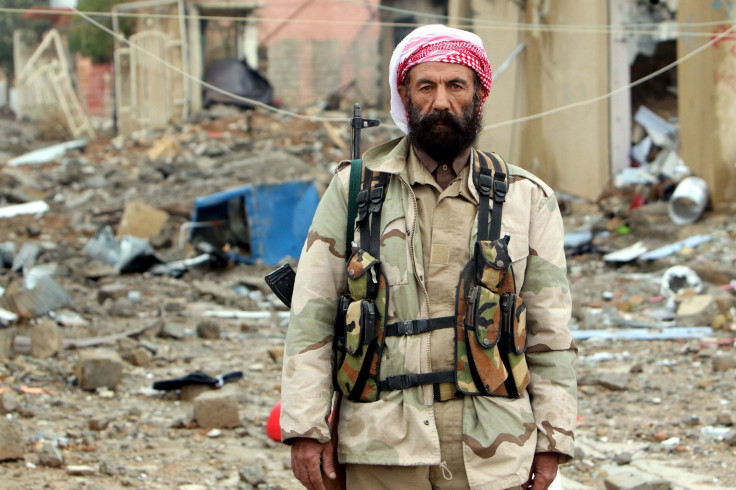
Yazidis returned to Sinjar, Iraq, in recent days to find their homes turned to rubble, cars overturned in the streets and bullet holes and grafitti covering the buildings, after more than a year of ISIS occupation. “I was very happy to see the city free, but it's all destroyed,” Ato Choki, a farmer and member of the Kurdish religious minority, told USA Today during a visit.
Fighters with the Islamic State group retreated from the northern Iraqi town this month thanks to Kurdish and U.S. forces, and some former residents were allowed to return to survey the destruction and salvage what was left of their belongings. Reporters with the Turkish newspaper Hurriyet Daily News who accompanied the Yazidis said Sinjar had been turned into a "ghost town."
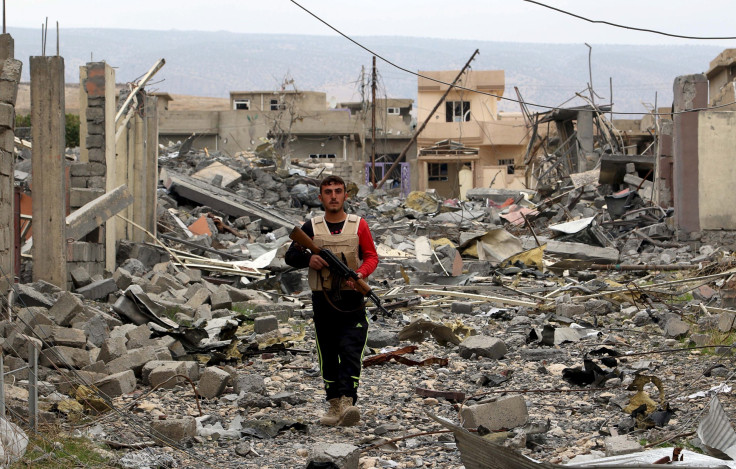
At least two mass graves with some 140 corpses have been discovered on the outskirts of the town, which ISIS seized in August 2014. The extremist group massacred, raped and enslaved thousands of Yazidis living there, whom they consider to be members of a heretical religion.
The plight of Yazidis in Sinjar drew international attention when tens of thousands of the Kurdish religious adherents fled to the top of a mountain north of the town to escape ISIS persecution but were trapped when ISIS militants surrounded them. It was their persecution that prompted the start of a U.S. airstrike campaign that has since expanded to target ISIS fighters throughout Syria and Iraq.
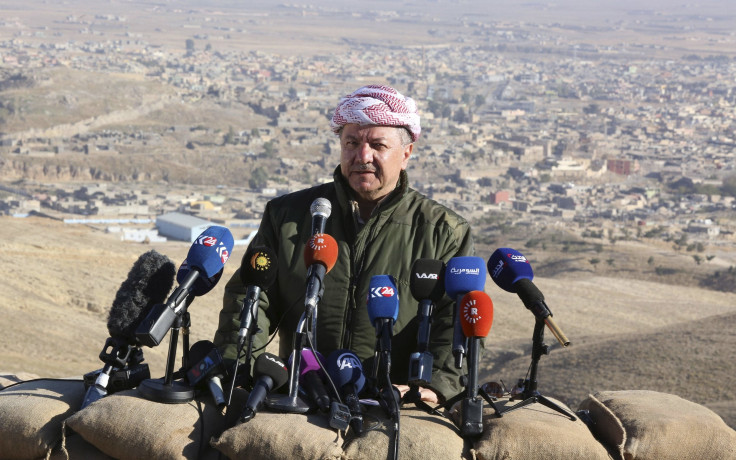
“We understand this is war. We know people will die. But this is more. We will never forget what they did here, and we will have our revenge,” Naib Jassim, a Yazidi who said his family members were among those buried in a mass grave, told Al Jazeera.
The campaign to retake the town was launched this month by Kurdish forces, who were supported by U.S. airstrikes, as they expanded a campaign meant to weaken the militant group's hold in Iraq. Sinjar sits by a strategic highway that indirectly links the de facto ISIS capital of Raqqa in eastern Syria with the major Iraqi city Mosul. Cutting off the highway was seen as crucial to stemming ISIS’ ease of travel through the region, making it more difficult for the extremists to transport weapons and fighters between their strongholds.
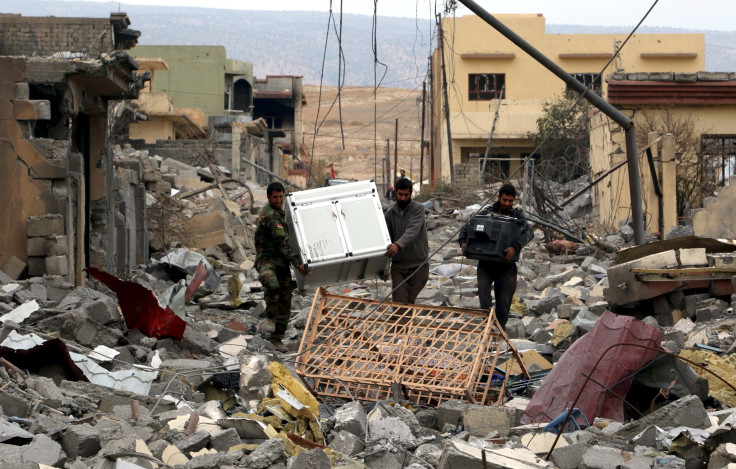
About 1,300 Yazidi families are living in camps on the mountain near Sinjar, but most have fled to areas of northern Iraq. Kurdish forces are not allowing anyone to resettle in the town until services are restored and the area is surveyed. Those who once lived in the town are hopeful to return but are concerned that ISIS could come back. “We don't feel safe here,” Choki said. “And we won't until all the areas are liberated from ISIS.”
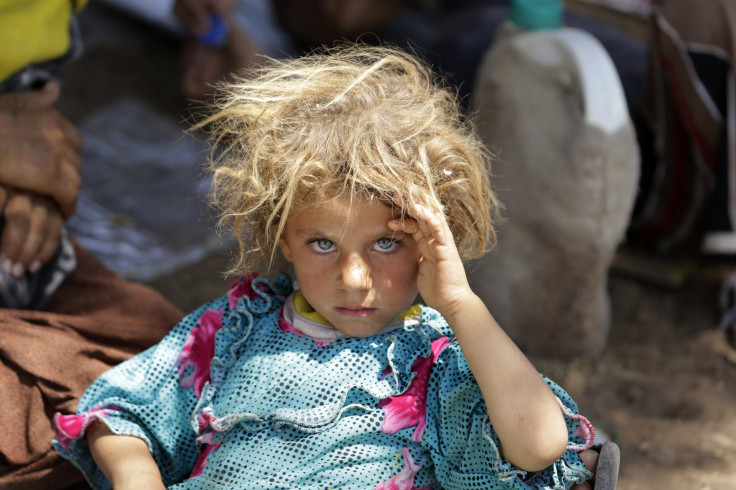
Some 3,000 Yazidis remain missing and are likely being held by ISIS militants, authorities in Iraq’s Kurdistan region said this year. A video surfaced a year ago showing ISIS fighters bartering over Yazidi girls, as one of the ISIS fighters, looking into the camera, referred to the trading as “slave market day.”
© Copyright IBTimes 2024. All rights reserved.





















